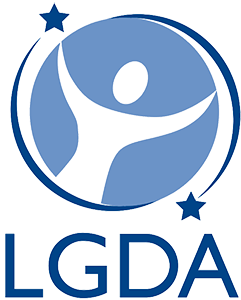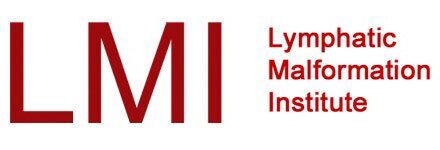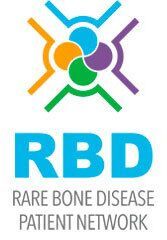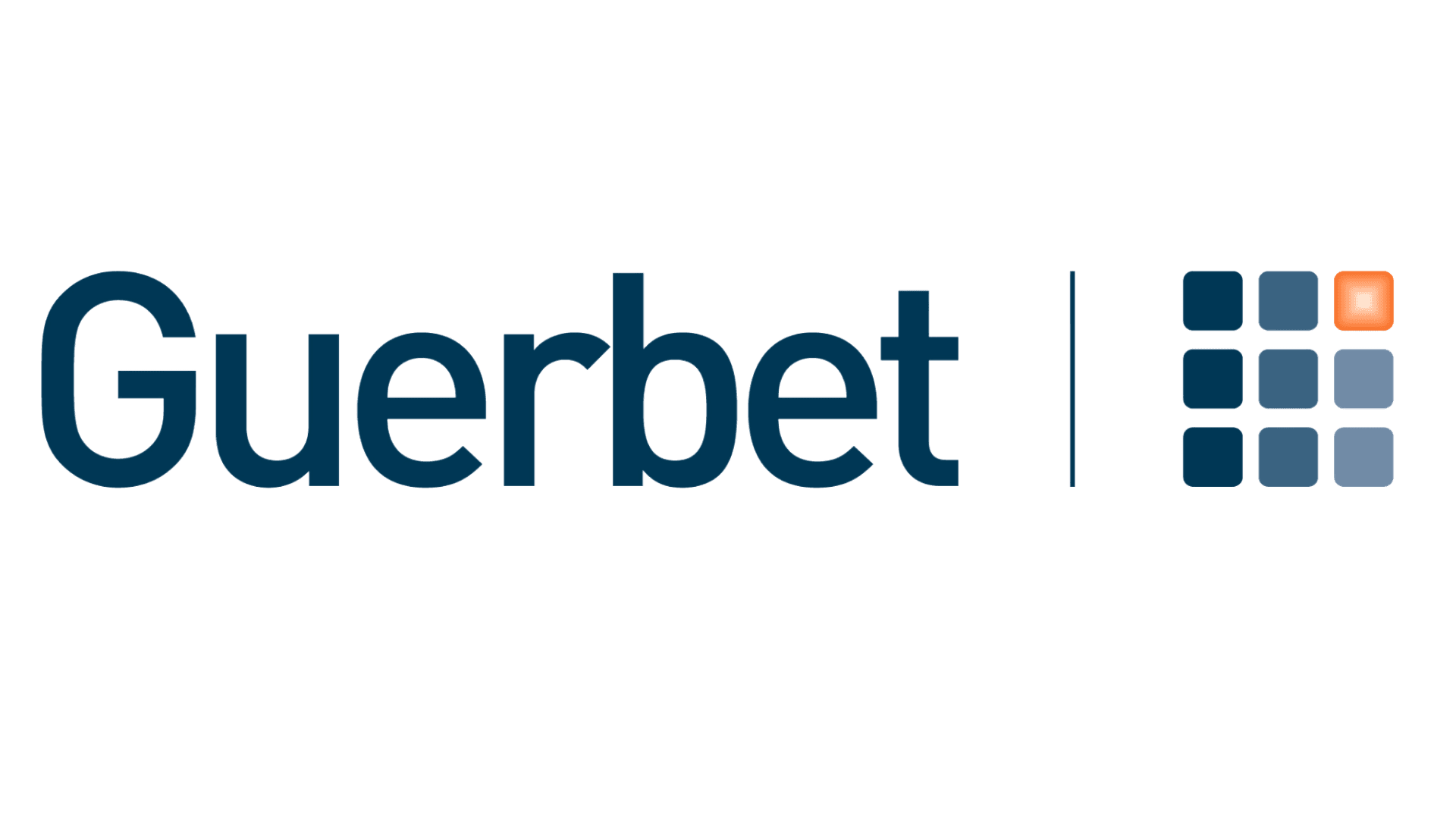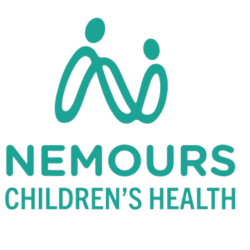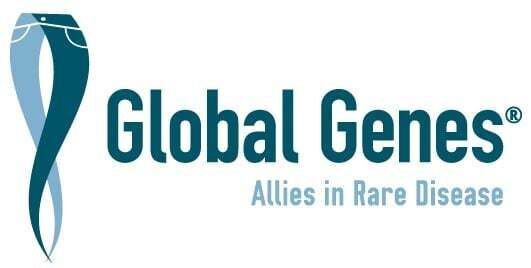
In the ever-evolving landscape of healthcare, legislative efforts play a pivotal role in shaping the accessibility and quality of medical services. Over the past few weeks, several impactful bills have been reintroduced and introduced, addressing crucial aspects of healthcare access, prior authorization, out-of-pocket costs, and physician licensure. In this blog post, we'll delve into each of these legislative developments, exploring how they aim to enhance the healthcare experience for individuals and communities across the United States.
1. Accelerating Kids’ Access to Care Act: Enhancing Pediatric Healthcare Access
On July 19, a bipartisan effort took center stage as the Accelerating Kids’ Access to Care Act was reintroduced in both the House and the Senate. Representatives Lori Trahan and Mariannette Miller-Meeks, alongside Senators Chuck Grassley and Michael Bennet, championed this act with a vision to improve children's access to healthcare. The Act targets the challenges of out-of-state care, a concern often faced by families of patients with rare diseases including CLAs, seeking specialized medical treatment. By simplifying the enrollment process for out-of-state pediatric care providers in Medicaid programs, this legislation is a beacon of hope for families navigating complex medical journeys. It strikes a delicate balance between accessibility and program integrity, ensuring that children's care needs are met regardless of their location.
To learn more about the House bill, click here. To learn more about the Senate bill, click here.
2. Prior Authorization Reforms: A Step Towards Streamlined Healthcare
The Primary Care and Health Workforce Expansion Act, introduced by Senator Bernie Sanders brings a comprehensive approach to healthcare reform. With a focus on expanding primary and community health centers, the bill aims to cater to underserved regions where quality medical care is often scarce. Equally significant is its commitment to addressing the issue of prior authorization. Redundant and complex prior authorization requirements have long posed challenges to patients seeking timely care. The bill's measures to adopt electronic prior authorization forms and enhance transparency in reporting demonstrate a forward-looking approach to alleviate this burden, streamlining the healthcare journey for countless individuals.
To learn more, click here.
3. Curbing Out-of-Pocket Medical Costs: State-Level Initiatives
In a collective effort to address financial obstacles in healthcare, nineteen states have made a resolute move to combat out-of-pocket medical expenses. The legislation targets harmful financial strategies employed by health insurance companies, which contribute to increased financial burdens for patients. Wisconsin, Ohio, California, and more are leading the charge by proposing measures to curtail copay accumulator programs. These programs often result in unexpected and unaffordable prescription drug costs, affecting individuals' ability to access necessary treatments. These state-level efforts stand as a testament to the commitment to ensure equitable and affordable healthcare for all.
To learn more about out-of-pocket expense legislation currently introduced in state legislatures, click here.
4. Interstate Medical Licensure Compact: Bridging Healthcare Across State Borders
In a world increasingly reliant on advanced medical care, the Interstate Medical Licensure Compact (IMLC) has emerged as a beacon of progress. This innovative initiative fosters a collaborative approach among U.S. states, simplifying the licensure process for physicians practicing across state lines. By reducing administrative barriers, the IMLC streamlines access to specialized care for patients, whether through in-person consultations or telemedicine services. Particularly impactful for rural communities and patients with intricate medical needs, the IMLC eliminates geographical barriers, ensuring expert care is accessible to everyone, no matter where they are.
To learn more about current state efforts, click here.
Conclusion
These recent legislative developments reflect a deep commitment to reshaping the healthcare landscape. From enhancing pediatric healthcare access and simplifying prior authorization processes to addressing out-of-pocket costs and bridging physician access across state borders, these efforts collectively emphasize a patient-centered approach to healthcare reform. As these bills navigate the legislative journey, their potential to transform healthcare access and quality remains a beacon of hope for individuals and communities seeking equitable and comprehensive medical care.
